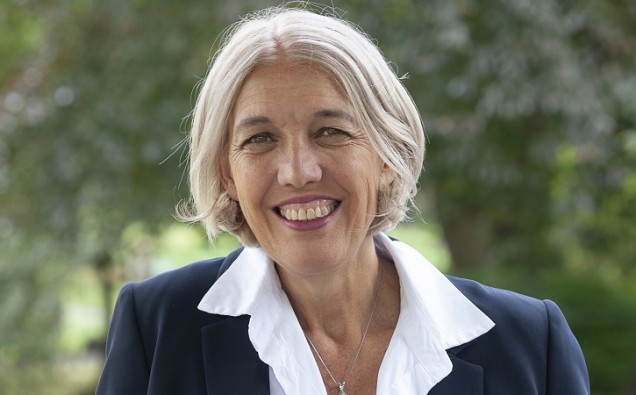The UK government, trade bodies and multinational corporations must offer greater support to smaller businesses around making the transition to green manufacturing, academics have warned ahead of COP26 and following the publication of the UK’s net zero strategy today.
Steven McCabe and Beverley Nielsen, Associate Professors at Birmingham City University and co-editors of a new book featuring contributions from leading industrialists, industry body representatives, political commentators and academics on the topic, suggest much more must be done in order to enable and support SMEs in a UK-wide switch to environmentally sensitive production across sectors.
Dr Steven McCabe said, “A corollary of industrialisation has been the use of energy that has led to emissions and pollution so destructive to the environment. As such, every individual and organisation, including manufacturers, have a vested interest in playing our part in ensuring the success of the government’s aim, published in its 368-page ‘net zero strategy’.
“Though welcoming this strategy, the accelerating rate of emissions, particularly as we return to normal after the pandemic, means that we need to be far more ambitious than the contents of this document suggest. Given the UK is hosting Cop26 in a couple of weeks, what this strategy seeks to achieve in terms of green energy, heating of homes and transport feels much less impressive and urgent than the clarion warning made recently by the IPCC (Intergovernmental Panel on Climate Change).”
Green Manufacturing, what this involves and how to achieve success, published by Bite-Sized Books and launched by six notable speakers at an online event on Friday 5 November, presents valuable and accessible information on what manufacturers must do to protect the future of the planet through adaptation of their processes, whilst maintaining and incorporating commercial benefits.
Chapter contributors Brigitte Amoruso, senior specialist in Climate Change, Energy and Environment at Make UK; Julian Morgan, MD of KPM Marine; Vicky Pryce, economist and Visiting Professor of Birmingham City University, and Jack Dromey MP for Birmingham Erdington and Vice-Chair of the All-Party Parliamentary Manufacturing Group will join Dr McCabe and Beverley Nielsen from the Institute of Design, Economic Acceleration and Sustainability at Birmingham City University at a virtual launch to discuss themes in the book also prevalent in industry. To attend the launch, please email Beverley.nielsen@bcu.ac.uk.
Beverley Nielsen said, “We found that businesses want to do the right thing, see real opportunity for growth and success in seizing this agenda and many are already doing just this. But there are a lot of barriers in the way and they need to be able to collaborate with partners, including government, to deliver sustainable solutions as we transition to a net-zero economy. Our book is full of case studies from SMEs and larger businesses which have made great strides already, but all cite the need for longer term consistency in government policy, more public procurement of British products and services, and more devolution of budgets and responsibility to our Mayoral authorities and local councils, already responsible for transport, planning and economic development.”
With a foreword by Baroness Brown of Cambridge, Professor Dame Julia King and afterword by Jack Dromey Member of Parliament for Birmingham Erdington and Vice Chair APPG for the Environment, House of Commons, Green manufacturing, what this involves and how to achieve success features chapters by: Vicky Pryce, Economist and Visiting Professor at Birmingham City University; Liam Byrne, MP for Birmingham Hodge Hill and Brigitte Amoruso, Make UK, amongst others.
Green Manufacturing, what this involves and how to achieve success follows on from the text published in July, Exploring the Green Economy, in which there was extensive examination of what’s urgently required to achieve the objectives that are essential to reduction in greenhouse gases and the quest for ‘net zero’ that is now enshrined in law through amendments made in 2019 to the Climate Change Act 2008.















